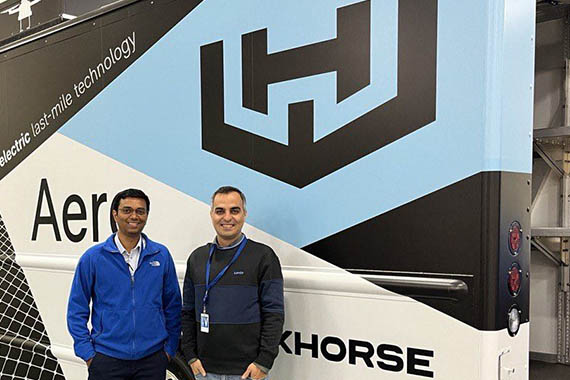
Engineering team develops last-mile delivery platform with help from I-Corps
When you order something online, shipping fees can be hefty as companies try to recoup the cost of delivering the product to your doorstep. To help offset some of those so-called “last-mile” expenses, a Mizzou Engineering team is developing a tool that will allow delivery companies to best optimize routes using electric vehicles and drones.
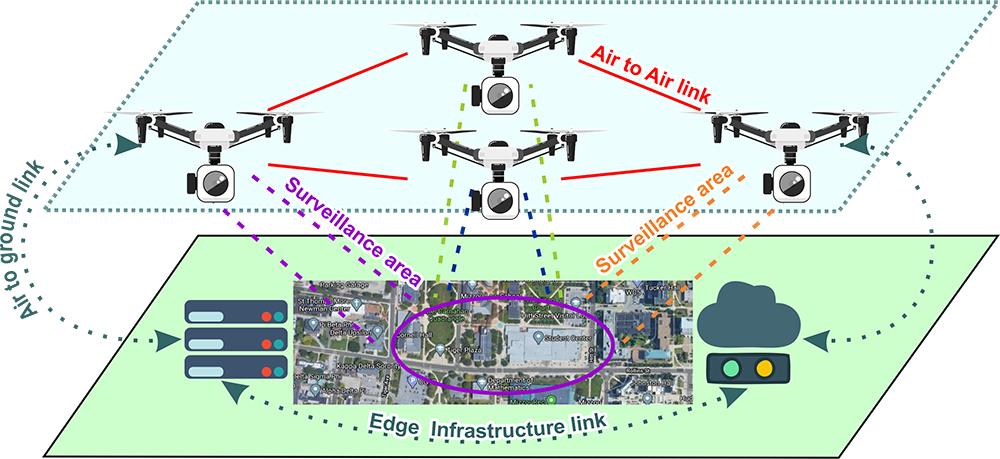
Team uses machine learning to train multiple drones to collaborate within a network
The team used machine learning to train drones to work together within a network to survey an area, track objects and transmit information back to a ground station.
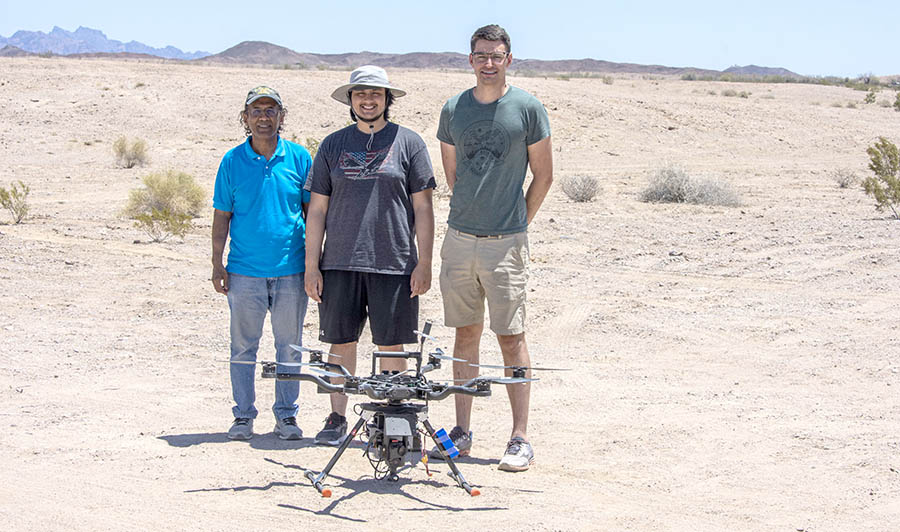
Army Research Lab internship part of ongoing research around drones
A Mizzou Engineering graduate student has returned from a two-month internship at the Army Research Laboratory (ARL) in Adelphi, Maryland, where he investigated best practices and…

Truck, drone collaboration could optimize package delivery
What makes Sharan Srinivas’ research unique is that it allows trucks to serve as mobile depots for multiple delivery drones.
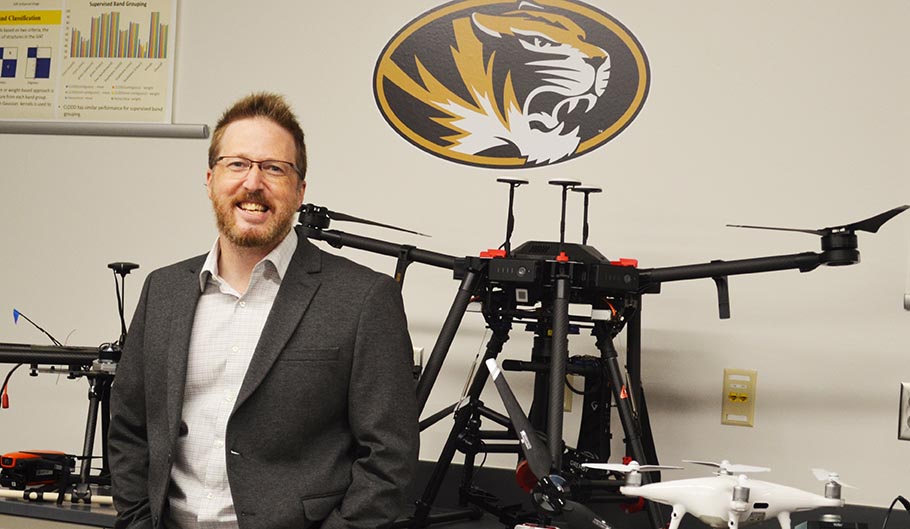
Building Smarter AI
Artificial intelligence is smart, but it’s also too trusting. Currently, AI blindly trusts sensor data and decisions derived from that data. Now, Derek Anderson, an associate professor of electrical engineering and computer science, is trying to figure out how to build AI that can more intelligently react to dynamic unknown environments.
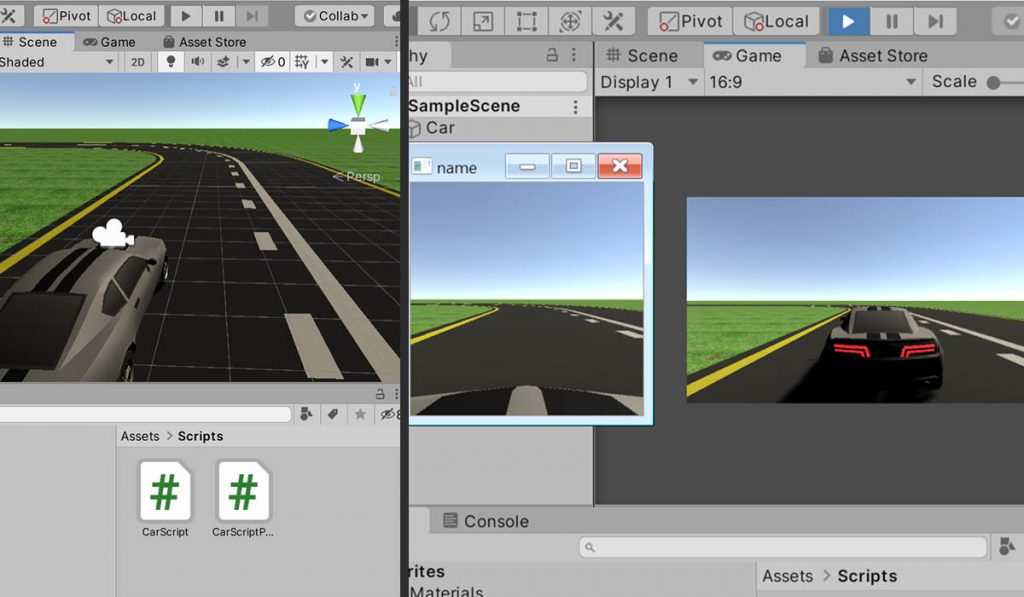
Autonomous Systems Will be the Future; IT Professor Making Sure Mizzou Engineers are Ready
Driverless taxis. Delivery drones. Robots that can complete complex tasks. These technologies are emerging quickly, and Dale Musser is determined to make sure Mizzou Engineers are ready.
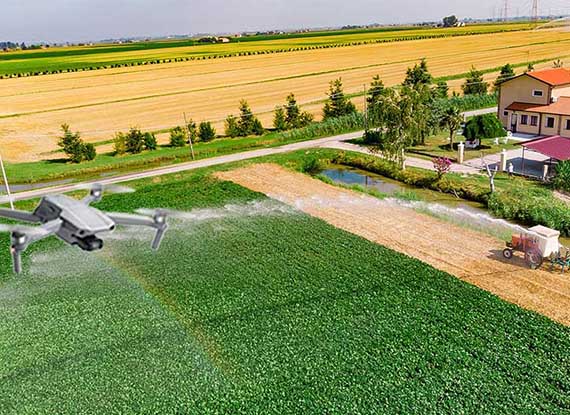
Team Devising Way to Analyze Images from Drone Footage
Imagine being able to assess the health of a single plant in the middle of a field by automatically analyzing a photo of it. The technology exists today by capturing aerial video footage with a drone, but it’s not practical. Now, a Mizzou Engineering team is devising a way to more efficiently create high-resolution panoramic-style images that can be used to make timely decisions on the farm.

IT Program Tackles Drone Technologies
hen you want a cloud-computing service at work, you call IT. But who do you contact to integrate a company drone into daily operations? That may not be an everyday problem now, but unmanned autonomous vehicles (UAVs) are quickly becoming a reality for many businesses. And that’s where the Information Technology Program at Mizzou Engineering is stepping up.
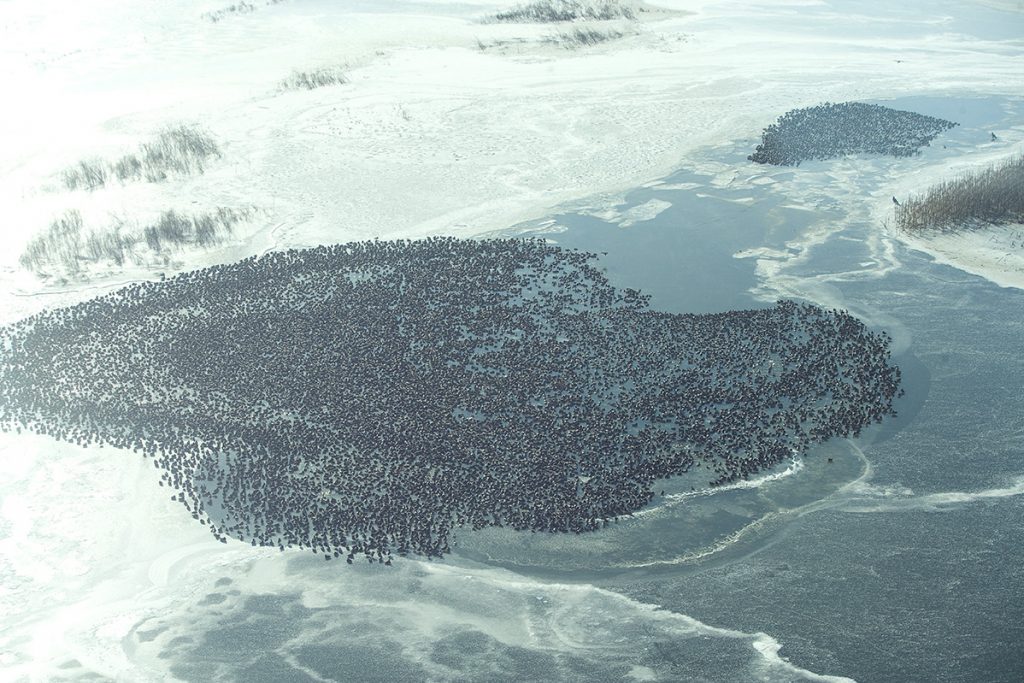
Aerial Reconnaissance
Yi Shang, a professor in the Department of Electrical Engineering and Computer Science, recently received a four-year, $372,000 grant from the MDC to assess the feasibility of using unmanned aircraft systems (drones) and deep learning computing techniques for waterfowl and wetland habitat monitoring.